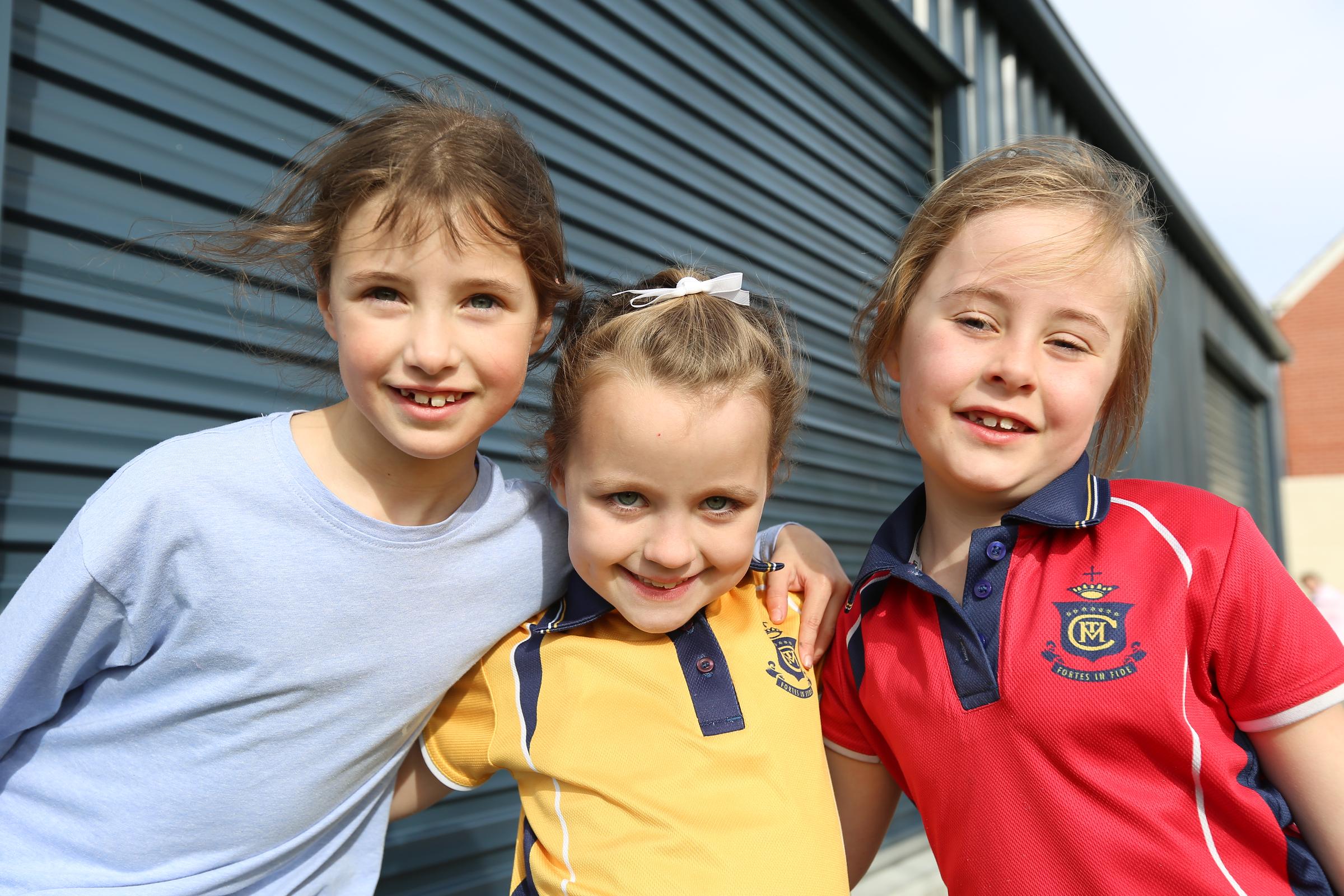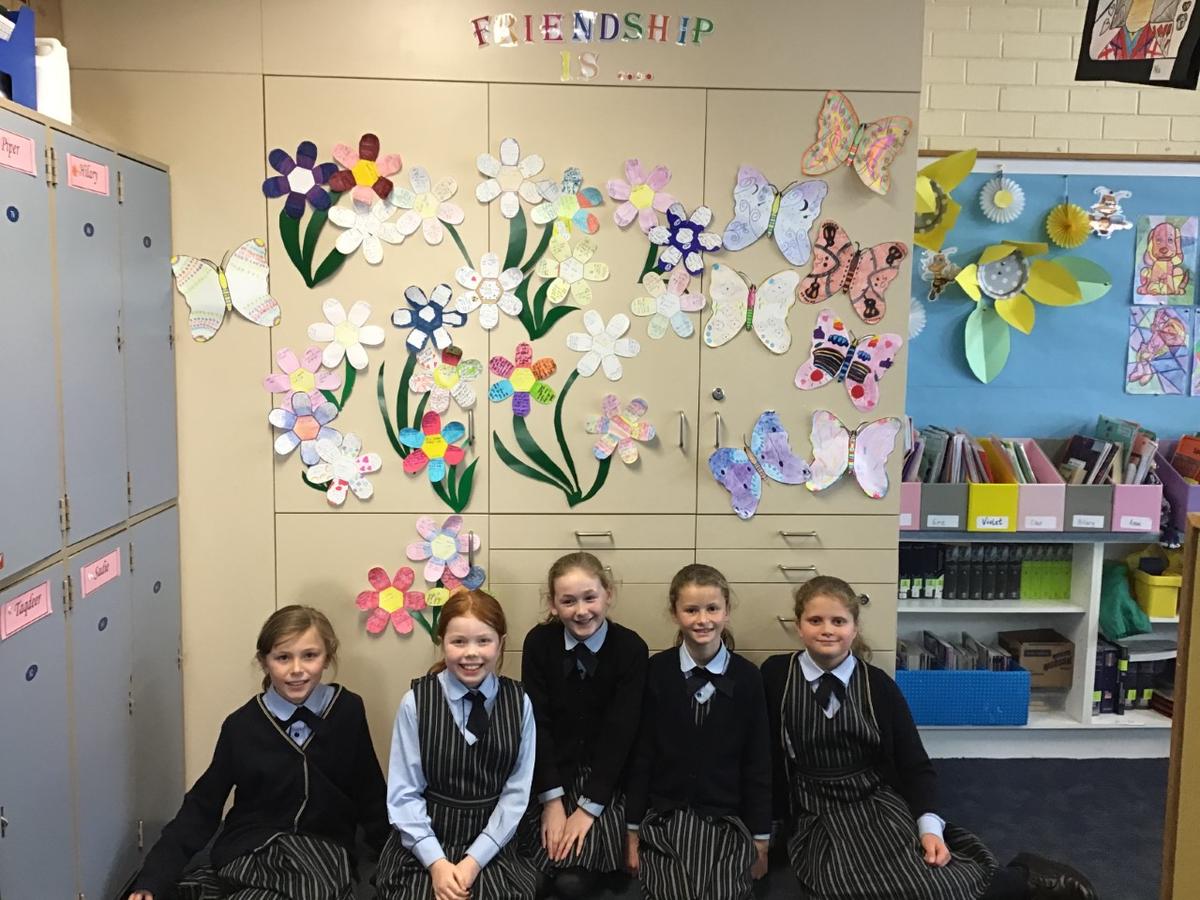From the Director of Primary
Caroline Wilson-Haffenden

From the Director of Primary
Caroline Wilson-Haffenden
July 30 marked International Day of Friendship. In recent weeks the theme of friendship has been a key talking point across primary classes. What makes a good friendship and how we can be a good friend are key questions discussed by students. The Year 4 students, for example, have identified attributes that they value in friends as well as role playing scenarios, naming positive behaviours that allow healthy friendships to grow as well as negative behaviours that cause harm and mistrust. Collectively, the students created a bunch of Friendship Flowers where they have named the positive traits that they exhibit in their relationships with one another.


Unquestionably, friendships are central to our students’ lives and are among the most important relationships they experience, in school and beyond. It is so important that teachers and parents work together to teach students how to have healthy relationships and to be able to navigate inevitable challenges that they will encounter.
When we teach children how to form deep and meaningful relationships, they learn universal strategies that will apply to relationships in their lives. (Institute of Positive Education)
URSTRONG, a skills based program, advocates four key FRIENDSHIP FACTS that help students to successfully build and maintain strong, meaningful and healthy peer relationships.
I encourage parents and carers to visit the URSTRONG website if keen to learn more about friendship skills which will enhance their social-emotional wellbeing.
This Friday we will gather in the Cahill Centre to share some of the learning experiences enjoyed across the Primary classes during the first four weeks of Term 3. Regrettably, due to COVID restrictions, parents are unable to join us.
However, the snapshots of the learning opportunities in this edition of The View allow parents and carers to see some of the great work that is being achieved by the students.